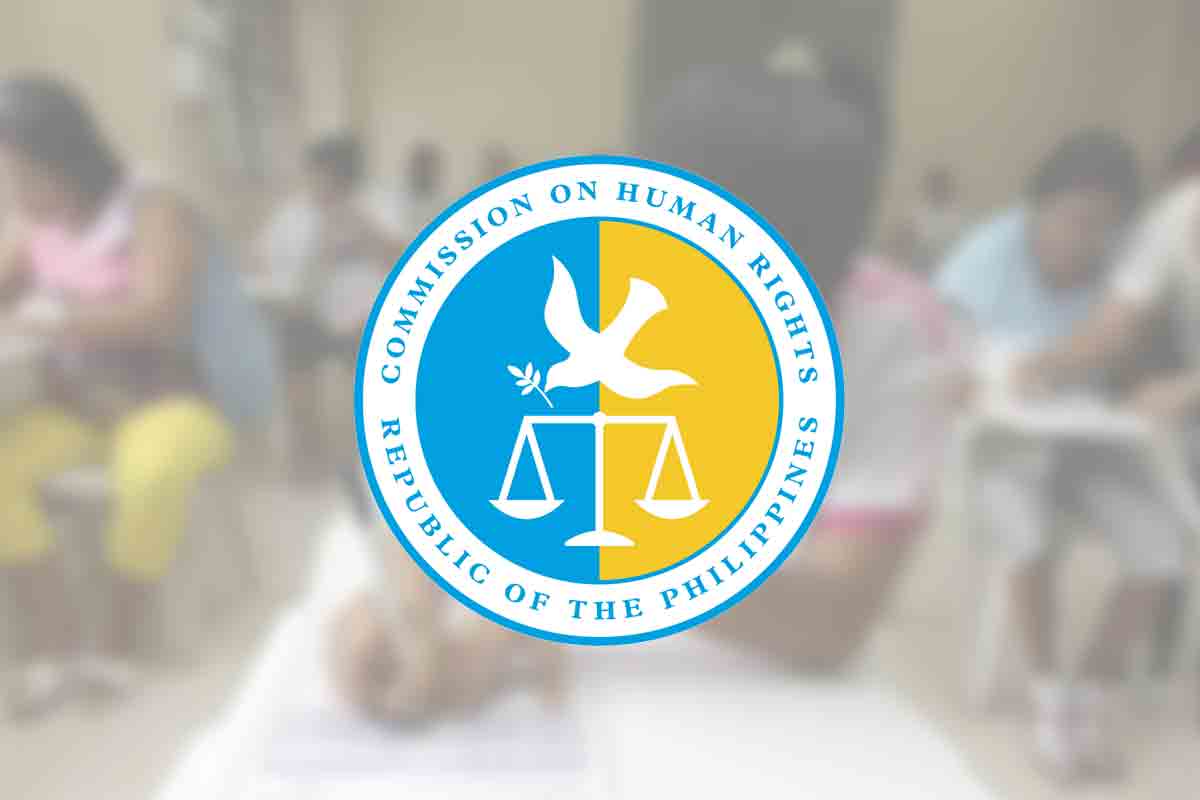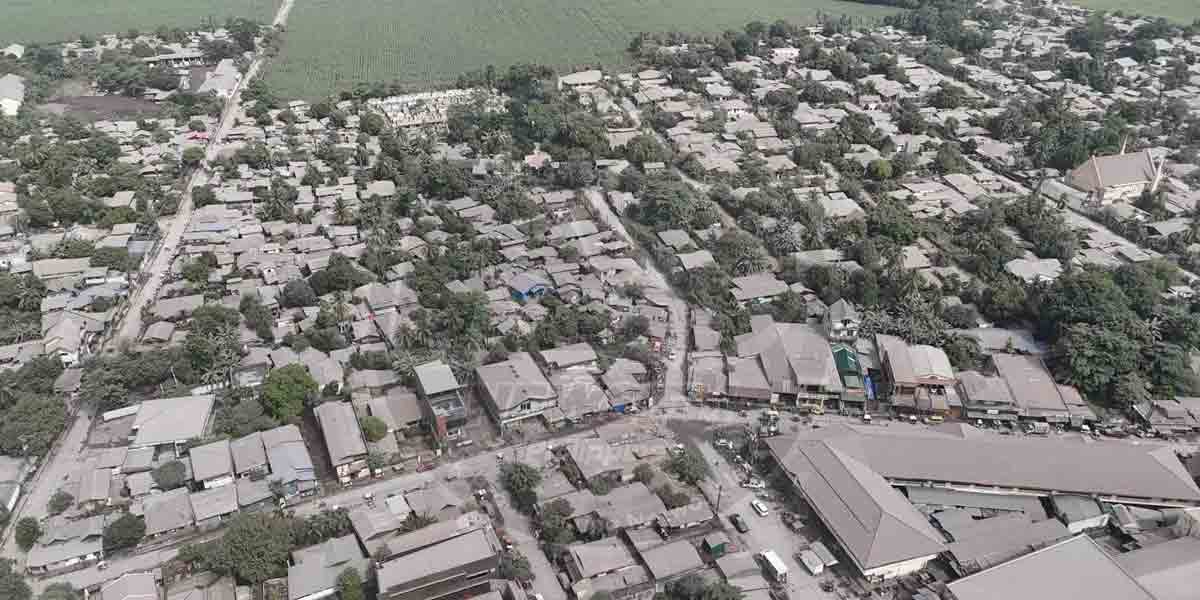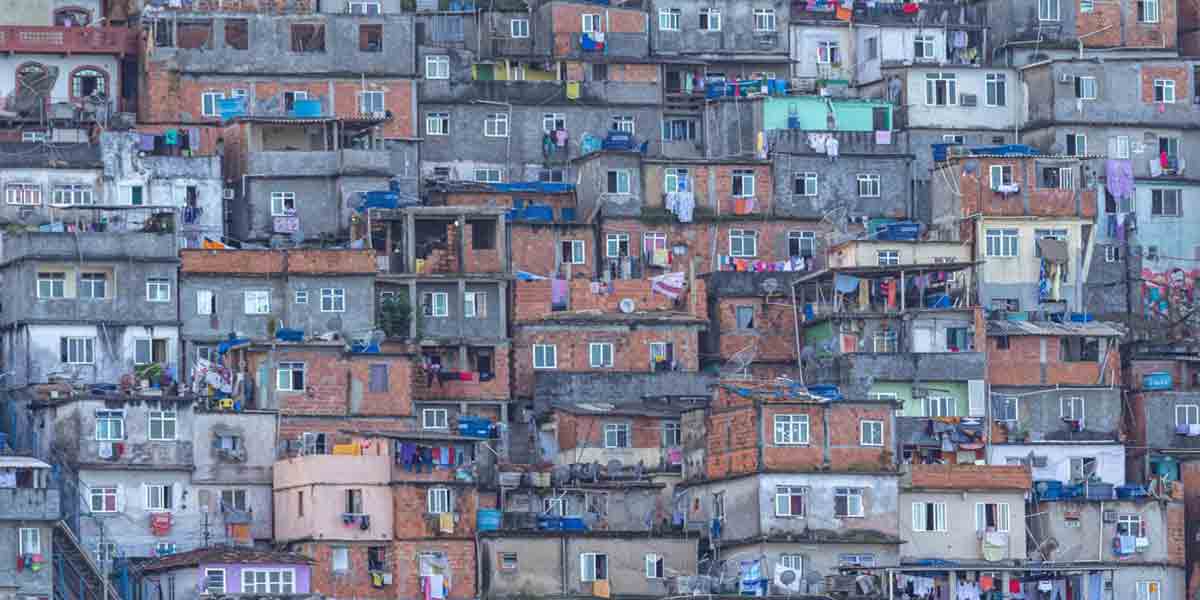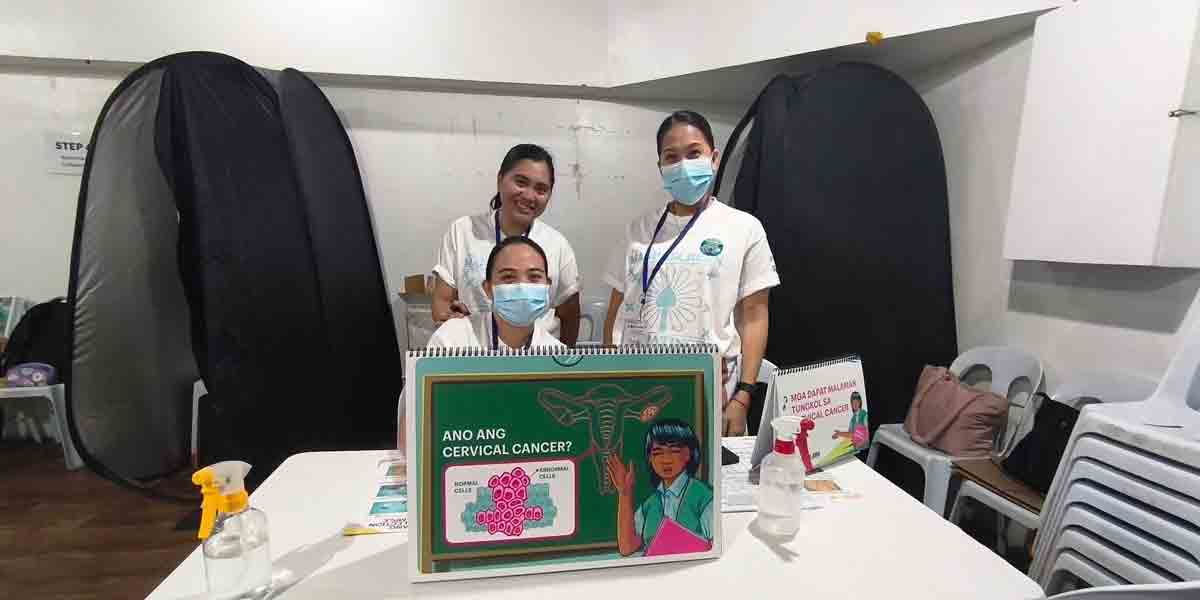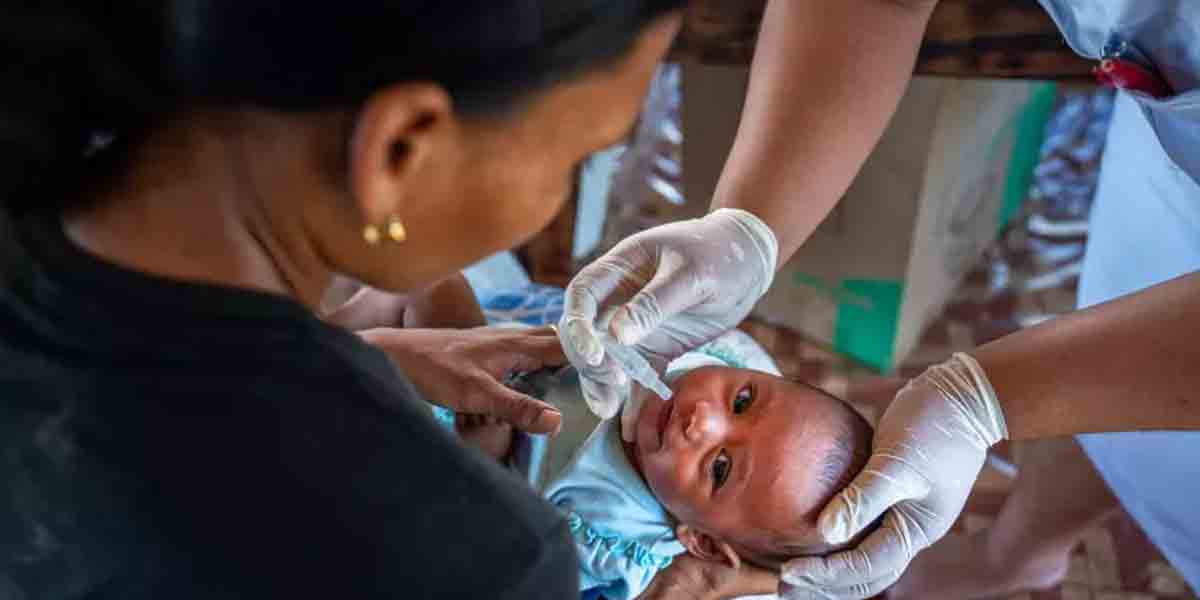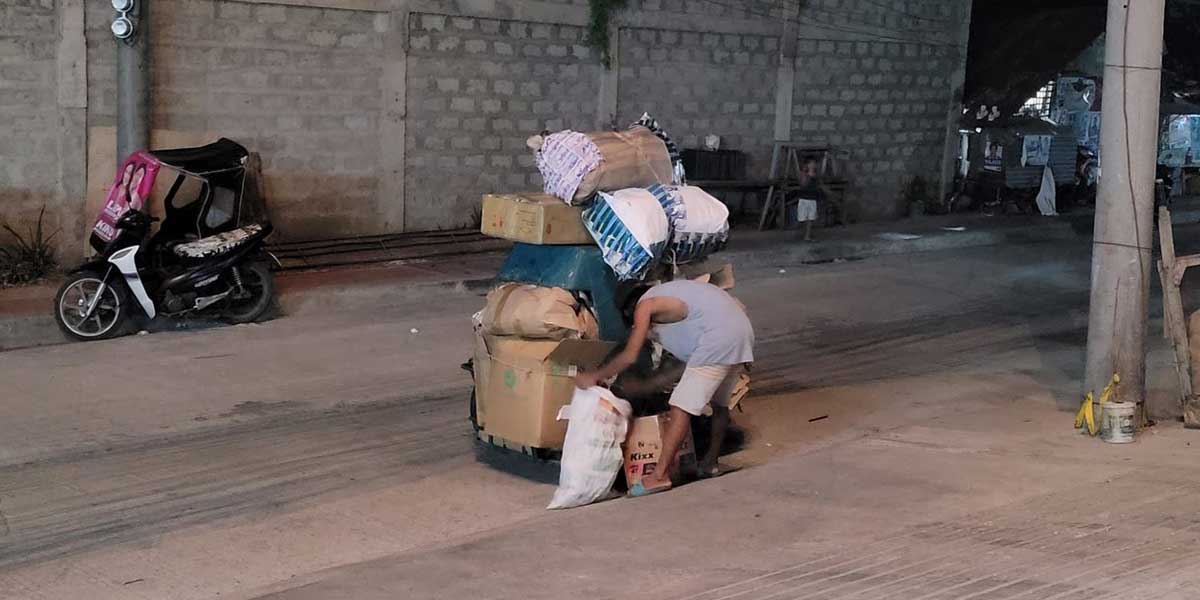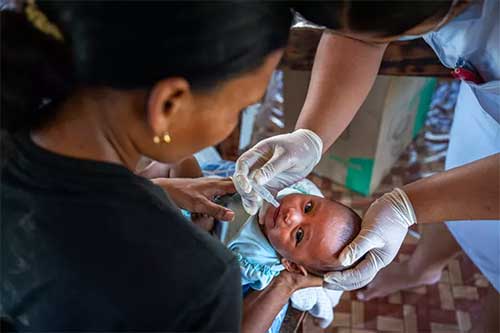
The World Health Organization (WHO), UNICEF, and Gavi have warned that global outbreaks of vaccine-preventable diseases like measles, meningitis, and yellow fever are reversing decades of progress and threatening millions of lives, as funding cuts, misinformation, and instability disrupt immunization efforts worldwide.
The warning was issued during World Immunization Week (April 24–30), amid rising case numbers and concerns that health systems in low- and middle-income countries (LMICs) may be unable to cope with resurgent disease threats.
“Vaccines have saved more than 150 million lives over the past five decades,” said WHO Director-General Dr. Tedros Adhanom Ghebreyesus.
“Funding cuts to global health have put these hard-won gains in jeopardy,” he said.
Recent data show measles is making a dangerous comeback, with global cases estimated at 10.3 million in 2023—up 20% from 2022.
The trend has worsened in 2024 and 2025, with 138 countries reporting measles cases and 61 experiencing large or disruptive outbreaks—the highest since 2019.
Meningitis cases in Africa also surged, with 5,500 suspected cases and nearly 300 deaths recorded in 22 countries during the first quarter of 2025.
Last year, 24 countries reported 26,000 cases and almost 1,400 deaths.
Yellow fever cases are also climbing, with 124 confirmed cases across 12 African countries in 2024, and 131 additional cases reported in four countries in the Americas.
These setbacks come as donor funding drops and political instability hampers vaccination drives.
A recent WHO survey of 108 country offices—mostly in LMICs—revealed that nearly half face moderate to severe disruptions in routine immunization, campaigns, and access to medical supplies.
Surveillance efforts are also being weakened in more than half of the countries surveyed.
In 2023 alone, 14.5 million children missed all of their routine vaccine doses, a jump from 13.9 million in 2022 and 12.9 million in 2019.
Over half of these children live in countries facing conflict or fragile systems, where access to basic health services is often unavailable.
“The global funding crisis is severely limiting our ability to vaccinate over 15 million vulnerable children in fragile and conflict-affected countries against measles,” said UNICEF Executive Director Catherine Russell.
“Immunization services, disease surveillance, and the outbreak response in nearly 50 countries are already being disrupted—with setbacks at a similar level to what we saw during COVID-19,” she warned.
Amid these challenges, WHO, UNICEF, and Gavi are calling for urgent, sustained investments to strengthen national immunization programs and revitalize the Big Catch-Up initiative launched in 2023.
The campaign aims to reach children who missed vaccinations during the COVID-19 pandemic and rebuild public trust in immunization.
“Vaccination is one of the highest-impact investments a country can make in its future,” said Gavi CEO Dr. Sania Nishtar.
“Increasing outbreaks of highly infectious diseases are a concern for the whole world,” she said.
Gavi plans to raise at least USD 9 billion at its June 25 pledging summit to fund its 2026–2030 strategy, aiming to protect 500 million children and save at least 8 million lives.
Vaccines currently prevent about 4.2 million deaths annually from 14 diseases, nearly half of them in Africa, according to WHO.
Past campaigns have successfully eliminated meningitis A in Africa’s “meningitis belt,” and a new five-strain meningitis vaccine promises broader protection as rollouts expand.
Routine immunization and emergency stockpiles have also reduced yellow fever cases, though recent outbreaks show that gaps in coverage can quickly reverse gains.
In the fight against cervical cancer, human papillomavirus (HPV) vaccine coverage in Africa nearly doubled from 21% in 2020 to 40% in 2023.
Progress was also noted in the rollout of pneumococcal conjugate vaccines in Southeast Asia and new introductions in high-burden countries like Chad and Somalia.
In a major step forward, nearly 20 African countries have introduced malaria vaccines at the subnational level, which could save up to 500,000 lives by 2035 as the program scales up.
However, global immunization leaders caution that without immediate investments, these gains could be lost, and preventable diseases will continue to rise.
“Immunization is a ‘best buy’ in health, with a return on investment of USD 54 for every dollar spent,” WHO, UNICEF, and Gavi said in a joint statement.
As countries face increasing threats from conflict, climate change, and population growth, immunization is also a key pathway to access other health services like prenatal care, nutrition support, and disease screenings.
“Countries with limited resources must invest in the highest-impact interventions – and that includes vaccines,” said Dr. Tedros.
The agencies called on governments to honor commitments under the Immunization Agenda 2030 (IA2030), which outlines a roadmap to ensure that everyone, everywhere, receives the life-saving benefits of vaccines.
They emphasized that long-term prosperity and global health security depend on robust, well-funded immunization systems rooted in strong primary healthcare.

